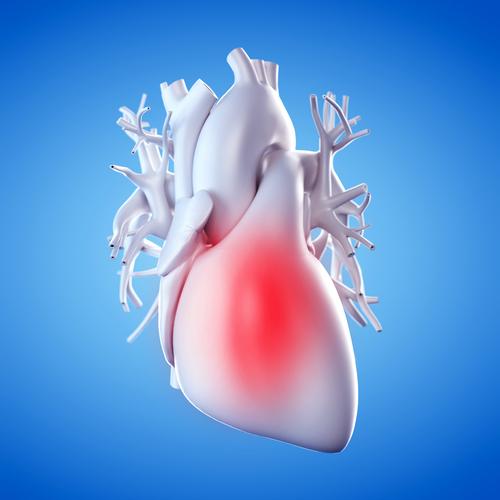A few years ago we profiled a meta-analysis in The Lancet that supported the notion that even healthy adults could benefit from taking statin drugs (which lower LDL or 'bad' cholesterol). The benefit for the people studied was the reduction in the risk of cardiovascular events such as health attack or stroke. Since then, more studies have investigated this use of statins for so-called primary prevention, and the United States Preventive Services Task Force (USPSTF) has reviewed the data and agreed that this use of statins is valid for certain adults. Their recommendations are presented here.
As explained in a recent JAMA article, the USPSTF reviewed the data from 19 studies that examined the effects of statins on cardiovascular outcomes in adults ranging in age from 51 to 66. The effects of statins were compared to that of placebo in some studies, or to a condition of no statins without placebo. Overall, the Task Force found a significant reduction in the risk of cardiovascular mortality, stroke, and heart attack in these studies. Further, there was no increase in the risk of adverse events (e.g. liver or muscle problems) in those who took a statin drug.
So for adults between the ages of 40 and 75, with no previous CVD (cardiovascular disease) events, who have one or more CVD risk factors (e.g., high blood pressure, smoking) and a calculated 10-year CVD event risk of 10% or greater, USPSTF suggested they could benefit from a small to moderate dose of a statin drug. This guidance had a grade of B (1). Similarly, they said that such adults with a lower (7.5 to 10 percent) 10-year risk of a CVD event, might also benefit from such a statin dose — but this guidance had a grade of C. Finally, they said the data were insufficient to formulate guidance for adults over the age of 75 with a similar range of health parameters.
Only time will tell if using such medications for adults who have never had CVD will actually prevent the occurrence of heart events or strokes — the leading cause of death in Americans.

source: https://www.uspreventiveservicestaskforce.org/Page/Name/grade-definitions
SaveSave




